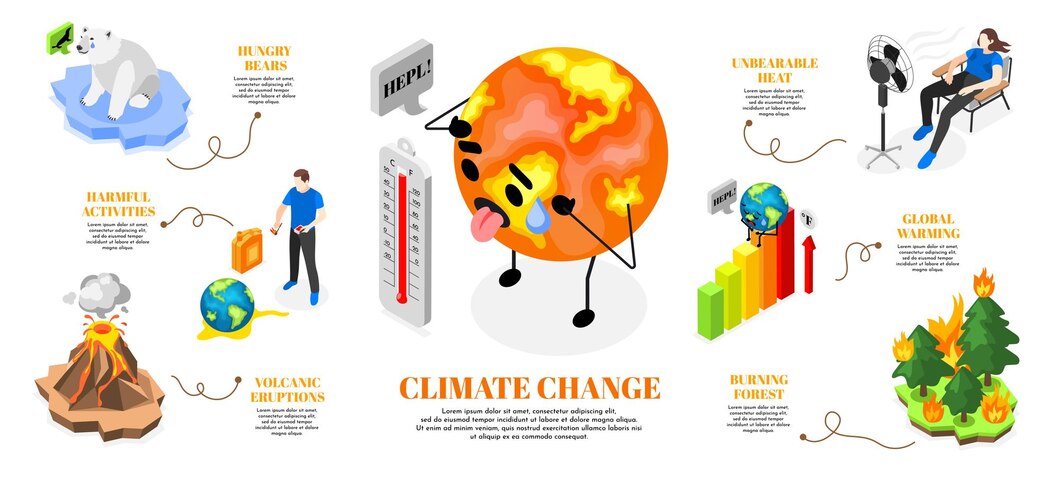 DA 70+ Guest Post Placements – Elite Authority at Your Fingertips!
DA 70+ Guest Post Placements – Elite Authority at Your Fingertips!
Exploring the Latest Sustainable Technology Innovations
Written by WikiGlitz » Updated on: June 17th, 2025

At wikiGlitz, we’re thrilled about the latest sustainable technology innovations that are paving the way for a greener future. From renewable energy advancements to improvements in agriculture, these technologies are essential for minimizing environmental impact. Embracing these innovations is crucial for fostering a sustainable world for future generations.
Technological advancements are revolutionizing various sectors, addressing pressing environmental challenges, and helping us move toward a more eco-friendly planet. Here’s a closer look at the most impactful sustainable technologies today.
1. Renewable Energy Innovations
One of the most critical areas in sustainable technology is renewable energy. Solar and wind power are two of the most prominent sources, and both are undergoing significant innovation.
Solar Energy: Traditional solar panels are being replaced by advanced versions, such as perovskite solar cells. These new cells are lighter, more efficient, and cheaper to produce than traditional silicon-based panels. They offer a promising solution to making solar energy more accessible and widespread.
Wind Energy: Wind turbines are also becoming more efficient, with innovations that allow for the capture of more wind energy, even in areas with lower wind speeds. Additionally, the development of offshore wind farms and floating turbines enables the harnessing of stronger winds over oceans, generating more energy.
These renewable energy advancements are helping to reduce reliance on fossil fuels and lower greenhouse gas emissions, which is crucial in combating climate change.
2. Energy Storage Solutions
Renewable energy sources like solar and wind are intermittent, meaning they don’t produce energy 24/7. To address this challenge, energy storage solutions are evolving, making it easier to store energy generated during peak production times for later use.
Solid-State Batteries: Solid-state batteries are a significant advancement over traditional lithium-ion batteries. They are safer, have a higher energy density, and charge faster. This makes them ideal for powering electric vehicles (EVs) and storing renewable energy for homes and businesses.
Second-Life Batteries: Second-life batteries repurpose used EV batteries for energy storage in homes or power grids. By giving these batteries a second life, this technology not only provides a cost-effective energy storage solution but also reduces waste.
Improved energy storage technologies are making renewable energy more viable by ensuring a steady and reliable supply, even when the sun isn’t shining or the wind isn’t blowing.
3. Sustainable Agriculture Practices
Agriculture is a sector where sustainable technology innovations are playing a crucial role. With the global population increasing, there’s a growing need for food production that minimizes environmental impact while maximizing efficiency.
Precision Farming: Precision farming uses data-driven technology to optimize farming practices. Tools like drones, sensors, and satellite imagery help farmers monitor crop health, soil conditions, and weather patterns, enabling them to use water, fertilizer, and pesticides more efficiently. This reduces waste and increases yields, making farming more sustainable.
These agricultural innovations are crucial for ensuring food security while reducing the sector's environmental impact.
4. Carbon Capture and Storage (CCS)
Industries that rely on fossil fuels, such as manufacturing and power generation, are significant contributors to carbon emissions. One of the most promising technologies to mitigate this is Carbon Capture and Storage (CCS).
Carbon Capture: CCS technology captures carbon dioxide (CO2) emissions from industrial processes and stores them underground, preventing them from entering the atmosphere. Some companies are also exploring ways to repurpose captured CO2 into useful products, such as building materials and fuels, a process known as carbon utilization.
By reducing the amount of CO2 released into the atmosphere, CCS is helping industries transition to more sustainable practices without completely overhauling their operations.
5. Sustainable Materials and Waste Reduction
Another area where technology is driving sustainability is in materials and waste management. Reducing waste and reliance on non-renewable resources is essential for a sustainable future.
Biodegradable Plastics: Traditional plastics are made from petroleum and take hundreds of years to decompose. Innovations in biodegradable plastics, made from plant-based materials, offer a more sustainable alternative. These plastics break down naturally, reducing waste and pollution.
Recycled Materials: Recycling innovations are also making it easier to create new products from old ones. Companies are developing more efficient processes for recycling plastic, glass, and metals, reducing the need for raw materials and lowering the environmental impact of manufacturing.
By embracing sustainable materials and improving recycling methods, industries can reduce their carbon footprints and contribute to a circular economy.
6. Electric Vehicles (EVs)
Electric vehicles are a prime example of sustainable technology innovation, especially in the transportation sector.
EV Advancements: Advances in battery technology, such as solid-state batteries, are making EVs more efficient, with longer ranges and faster charging times. Additionally, the expansion of EV charging infrastructure is making it more convenient for drivers to switch from gasoline-powered cars to electric ones.
EV Adoption: As more governments offer incentives for EV adoption and manufacturers produce affordable models, EVs are becoming increasingly accessible to consumers. This shift is crucial for reducing transportation-related emissions, which are a major contributor to climate change.
Conclusion
The latest sustainable technology innovations are revolutionizing energy, agriculture, transportation, and materials management, helping to address pressing environmental challenges. From renewable energy advancements to carbon capture technologies, these innovations are essential for minimizing environmental impact and promoting efficiency across industries.
At wikiGlitz, we’re excited about the possibilities these technologies hold for creating a sustainable future. Embracing these innovations is key to building a greener world for future generations. For more insights, check out our article Leading Sustainable Technology Innovations for a Greener Future. Together, let’s work towards a more sustainable planet!
Note: IndiBlogHub features both user-submitted and editorial content. We do not verify third-party contributions. Read our Disclaimer and Privacy Policyfor details.
Copyright © 2019-2025 IndiBlogHub.com. All rights reserved. Hosted on DigitalOcean for fast, reliable performance.












